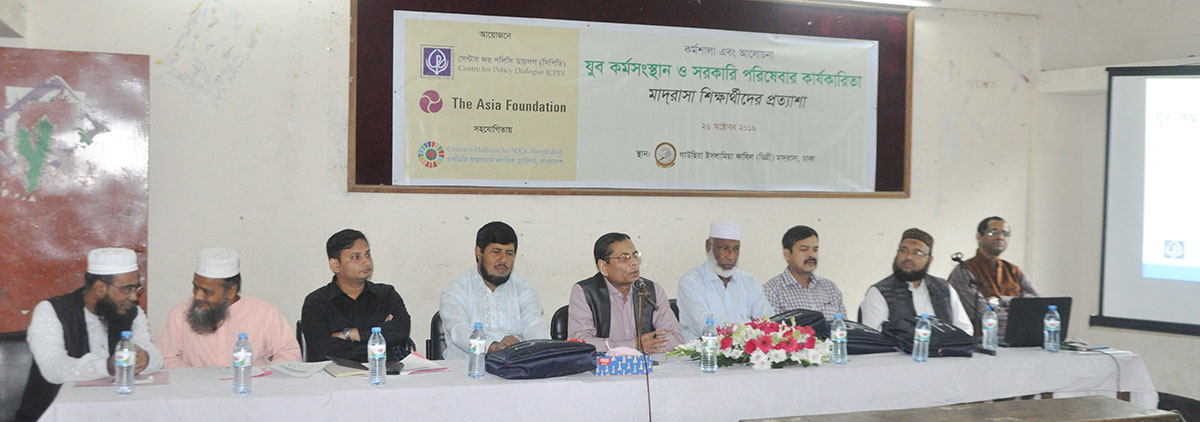
Graduates from the Bangladeshi Madrasah education system fail to get into decent jobs. Commonly, these students get into professions that provide low income. The income of Madrasah educated family heads are similar to that of the national level. This other way indicates their low income compared to other educated family heads. Therefore, ensuring technical and general skill development of the Madrasah students is vital. Putting more emphasis on subjects of general education along with religious education is critically important.
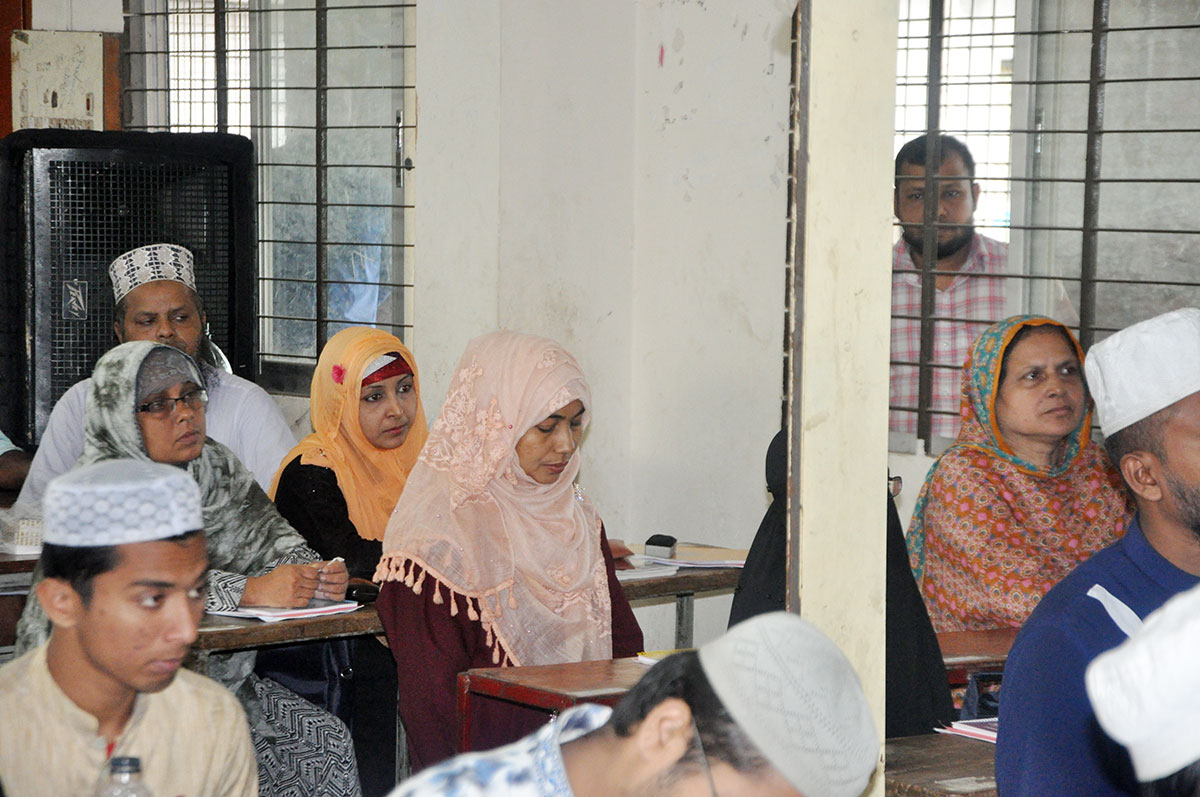
The negative perception about madrasah educated youth needs to be changed in case of ensuring their quality education and access to jobs. Special budgetary allocations can be made to focus on these trainings and capacity building programmes.
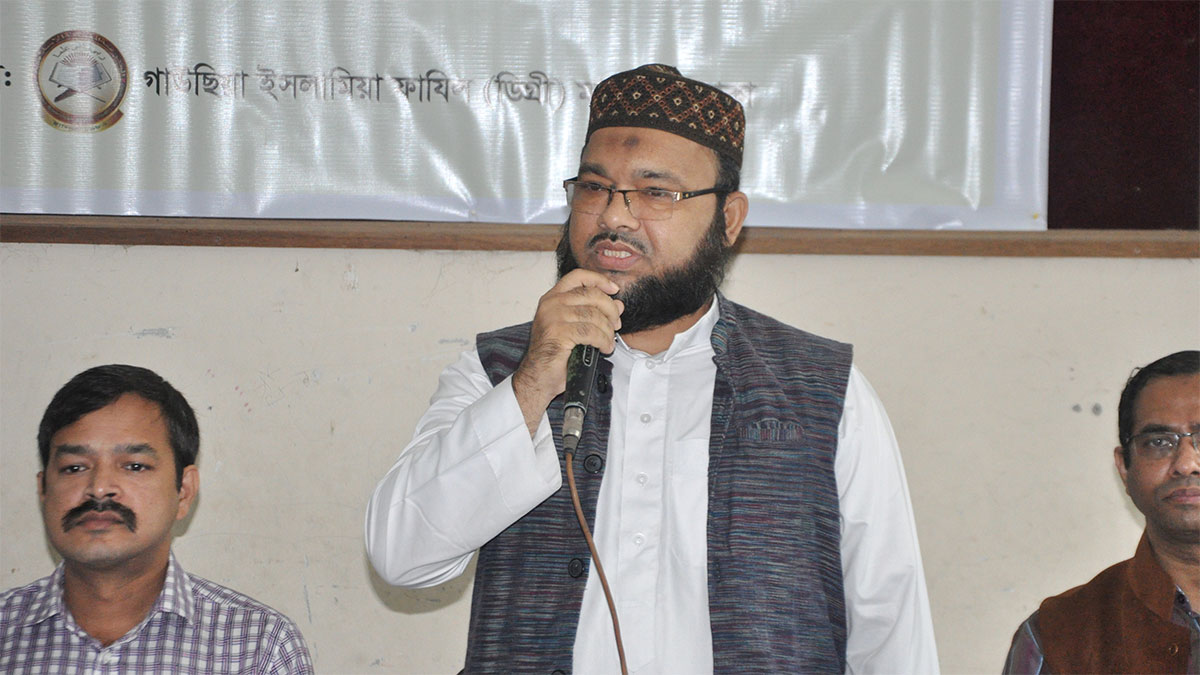
These observations came from a workshop on “Youth Employment and Effectiveness of Public Service: Perspectives of Madrasah Students” which was held on 26 October 2019. The workshop was jointly organised by Centre for Policy Dialogue (CPD) and The Asia Foundation in association with the Citizen’s Platform for SDGs, Bangladesh at Gawsia Islamia Fazil (Degree) Madrasah, Babor Road, Mohammadpur, Dhaka.
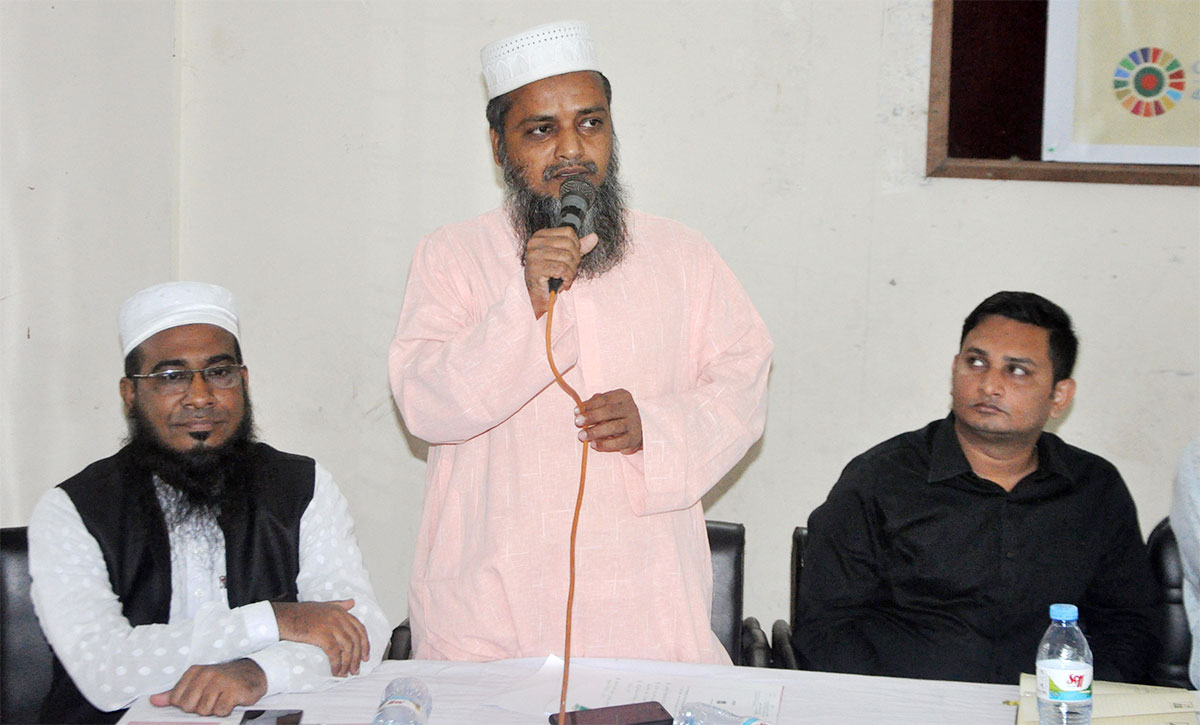
Chaired by Professor Mustafizur Rahman, Distinguished Fellow, CPD, the welcome remarks were given by Mufti Mawlana Muhammad Izharul Huq, Principal, Gawsia Islamia Fazil (Degree) Madrasah and the introductory remarks were made by Mohammad Zakaria, Program Manager, The Asia Foundation. Md. Raju Ahmed, Thana Secondary Education Officer, Mohammadpur Thana, Directorate of Secondary and Higher Education, Ministry of Education, Government of Bangladesh; Md. Jahangir Hossain, Member, Governing Body, Gawsia Islamia Fazil (Degree) Madrasah; Mufti Mawlana Shaikh Muhammad Usman Gonee, Joint-Secretary General, Bangladesh National Imam Samity and Associate Professor, Ahsania Institute of Sufism; Dr. Mohammad Tajul Islam, Assistant Professor, Department of Arabic, University of Dhaka and Professor Dr Mohammad Golam Rabbani, Department of Urdu, University of Dhaka, were present at the workshop as distinguished guests.
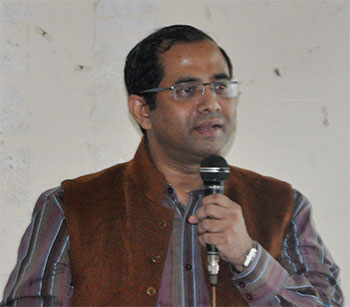 Dr Khondaker Golam Moazzem, Research Director, CPD, made an introductory presentation on the state of employment and education challenges. The keynote presented that the highest number of students in the Madrasah stream are in Chattogram (27%), whereas, the lowest being in Sylhet (5%). Dr Moazzem highlighted that the dropout rate after Dakhil level (SSC level) was significantly high. Although, female participation at Dakhil level is higher than that of male.
Dr Khondaker Golam Moazzem, Research Director, CPD, made an introductory presentation on the state of employment and education challenges. The keynote presented that the highest number of students in the Madrasah stream are in Chattogram (27%), whereas, the lowest being in Sylhet (5%). Dr Moazzem highlighted that the dropout rate after Dakhil level (SSC level) was significantly high. Although, female participation at Dakhil level is higher than that of male.
These key insights are expected to add value and highlight the Madrasah situation for future developments. Especially, to make the Madrasah students compatible with the students of general education competing for decent jobs.
Students from Alia and Kawmi Madrasah streamline belonging to Fazil, Kamil, Mishkat and Dawray Hadith level, were present at the workshop. The workshop began with a spot survey where these youth representatives shared their aspirations about employment. They have also shared their views on various challenges they face regarding their livelihood, access to quality education, skill development and employment opportunities.
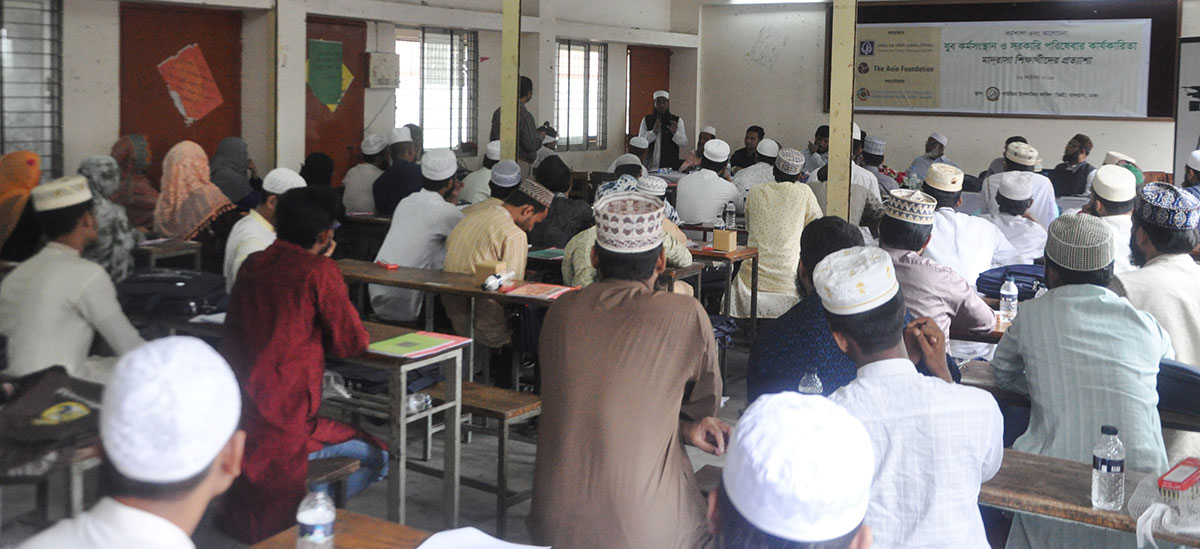
The young participants also shared the lack of skilled teachers at Madrasah. It was noted that teachers of general education do not want to teach at Madrasah due to low pay. Thus, this education system lacks skilled teachers. Training of the Madrasah teachers should also be focused on.


